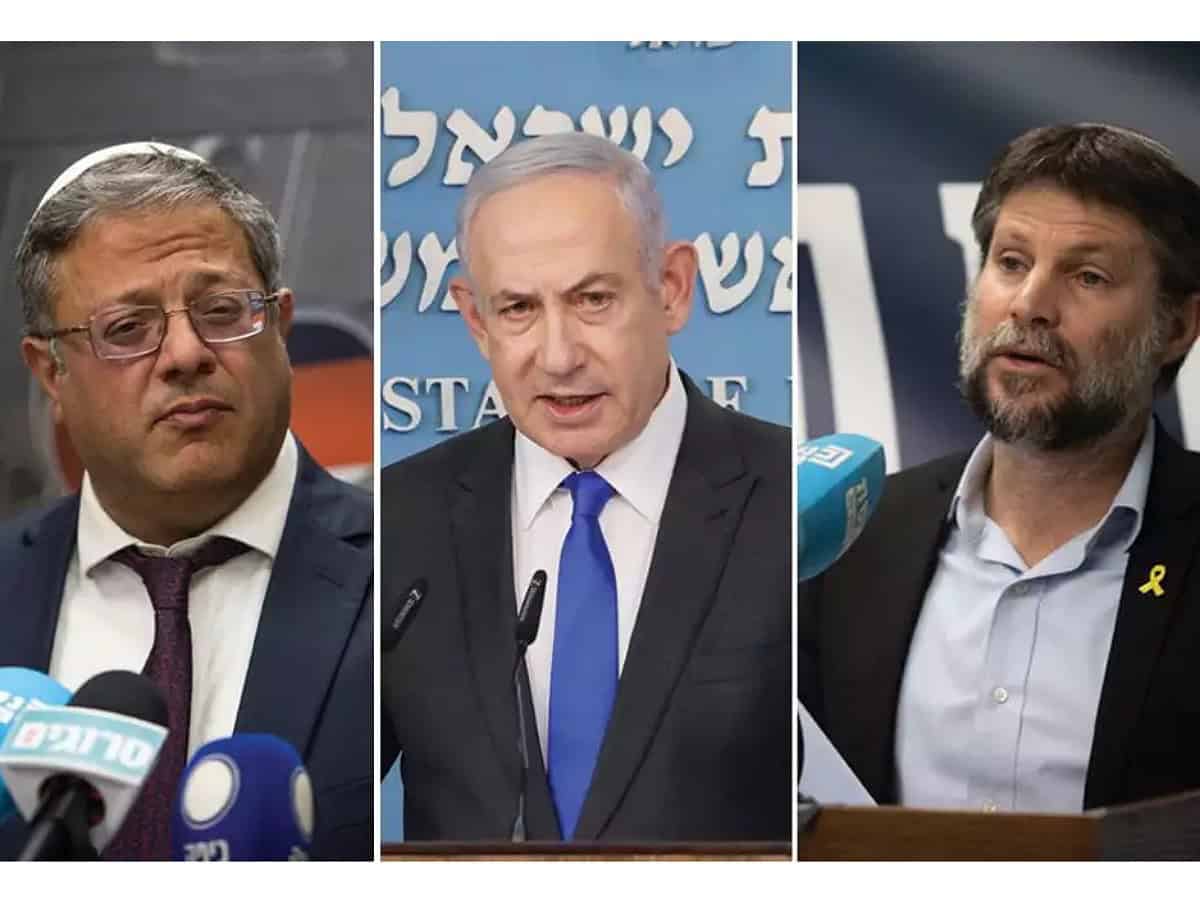
The International Criminal Court (ICC) Prosecutor, Karim A.A. Khan has requested the issuance of arrest warrants for Hamas chief Yahya Sinwar and Israeli Prime Minister Benjamin Netanyahu on May 21. The application accuses both parties of war crimes and crimes against humanity in Israel and in the State of Palestine since October 2023. The trajectory of the case being approved at the ICC and its subsequent trial will be an interesting one.
The Rome Statute was adopted by 160 states in 1988, thereby establishing the ICC and effectively laying out its jurisdiction. The ICC was established in 2002, when the statute came into force, to prosecute individuals for crimes that concern the international community at large. It exercises jurisdiction over crimes against humanity, genocide, war crimes and crimes of aggression. According to the Rome statute, the ICC can intervene only if the state is unable or unwilling to carry out prosecution against those responsible for international crimes.
The ICC has charged other high-profile leaders in the past. But, out of 31 cases handled by the ICC so far, 30 have been against individuals or leaders from African countries. So, the ICC has been accused of disproportionately targeting leaders from African countries. On the other hand, there has been limited action against powerful nations such as the United States, Russia, and their allies, despite allegations of crimes in Afghanistan, Iraq, Yemen, and Ukraine. Thus, Israel being taken to the ICC is new as far as precedents go.
Sudanese President Omar al-Bashir was charged with war crimes in Darfur in 2009 and 2010. Despite the warrant, the former president remained in power and continued to travel to several countries. ICC has been unable to enforce its orders in cases where leaders have strong political linkages and international allies. PM Netanyahu has a very powerful ally in the United States and may continue to enjoy impunity even if the ICC manages to take him to trial.
Charges against Kenyatta dropped
The Kenyan President Uhuru Kenyatta was charged with crimes against humanity in 2011. The crimes allegedly occurred during the violence that ensued after the presidential elections in 2007–08. The ICC had to drop charges due to a lack of evidence accompanied by witness intimidation and a lack of cooperation from Kenyan authorities. This has been a major critique of the ICC—the absence of an enforcement body within the ICC. Thereby, the institution depends solely on cooperation from the member states which is often subject to political will. In the case of PM Netanyahu, Israel is not a member of the ICC. Israel also disputes ICC’s jurisdiction on grounds of Palestine not being a party to the Rome statute as it is a non-sovereign state. Hence, pursuing a case against the Israeli PM is going to be a challenge given that Israel is not a party to the statute either. So, unless international pressure is created, ICC will not be able to proceed with such a case. Effective international cooperation is critical to ensure that the judgements are enforced
Gathering evidence is difficult
The ICC when trying PM Netanyahu and even the Hamas will face evidentiary challenges. Gathering witnesses and evidence in conflict zones has always been a task, more so when the crime includes genocide. Thomas Lubanga Dyilo, the leader of the Union of Congolese Patriots (UPC) in Democratic Republic of Congo (DRC) was charged with using soldiers under the age of 15 in an armed conflict in the years 2002 and 2003. He was sentenced in 2012. The case is a crucial one in the history of ICC because the victims were accorded protection as witnesses and participated actively in the proceedings. This set the precedent for victim participation in international criminal justice systems. Moreover, the case is historic for the establishment of principles of reparation in a bid to address the wrongs done to victims. Both of these aspects should be incorporated if the Hamas leader and Israeli PM are taken to the ICC.
In the case of PM Netanyahu, the enforcement of the warrants and the trial are likely going to be influenced by the degree of support the ICC receives from Israeli authorities as well as international powers. Member countries of the ICC will have to balance their legal obligation while considering their political alliances. Countries across the world have reacted to the decision based on their geopolitical consideration and national ideologies. For instance, the United States finds the warrant unacceptable. The UK does not recognize Palestine as a state and believes the warrant will do less to alleviate the humanitarian crisis in Gaza.
Greater cooperation needed
The narrative of the ICC’s decision will be dictated by the production of evidence, witnesses, and the pressure exerted by the global community. The actual outcome would depend on the legal, political, and diplomatic dynamics at play. The ICC should however continue to push for greater state cooperation in bringing the perpetrators to trial and resist political pressures. The decision will have far-reaching ramifications in setting standards of impartiality and fairness in international law. The case could also be a landmark judgement for expanding the jurisdiction of the ICC over territories where sovereignty is contested, allowing the ICC, the necessary mandate to intervene in complex geopolitical disputes.
Nahia Hussain is a policy researcher and the Vice-President (Policy Affairs) at the Centre for Development Policy and Practice (CDPP), a research institute based in Hyderabad.
